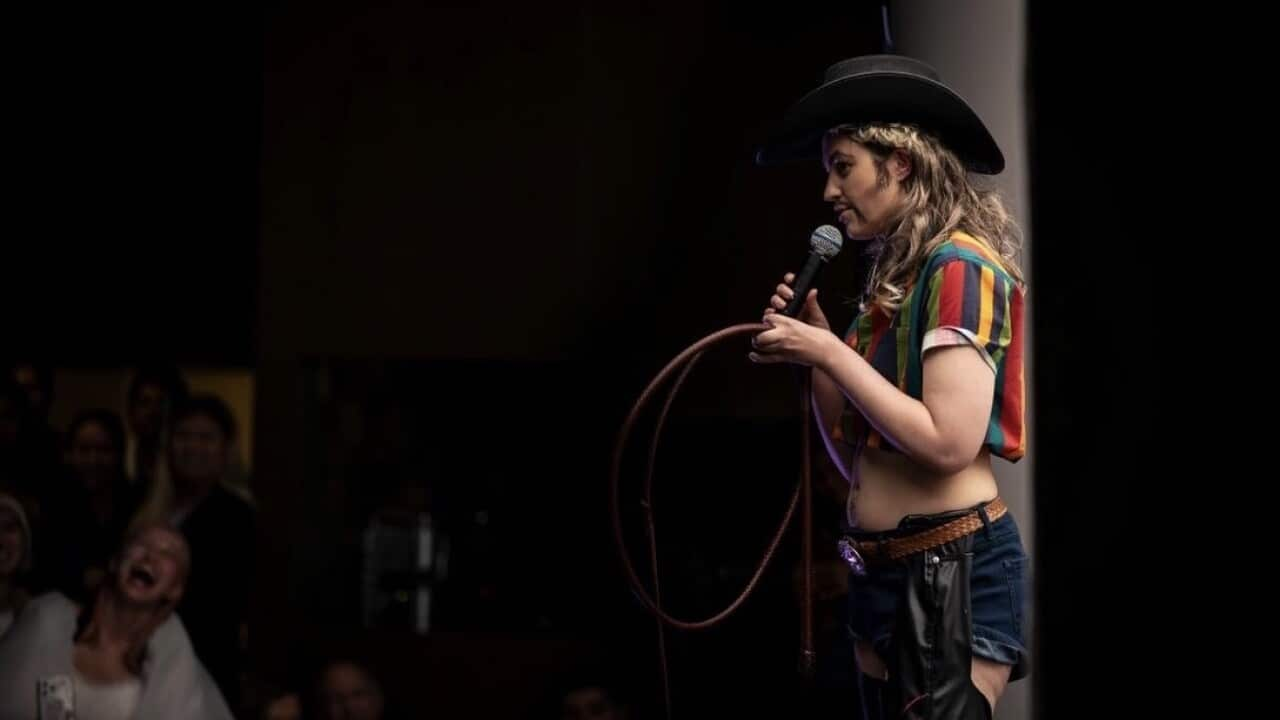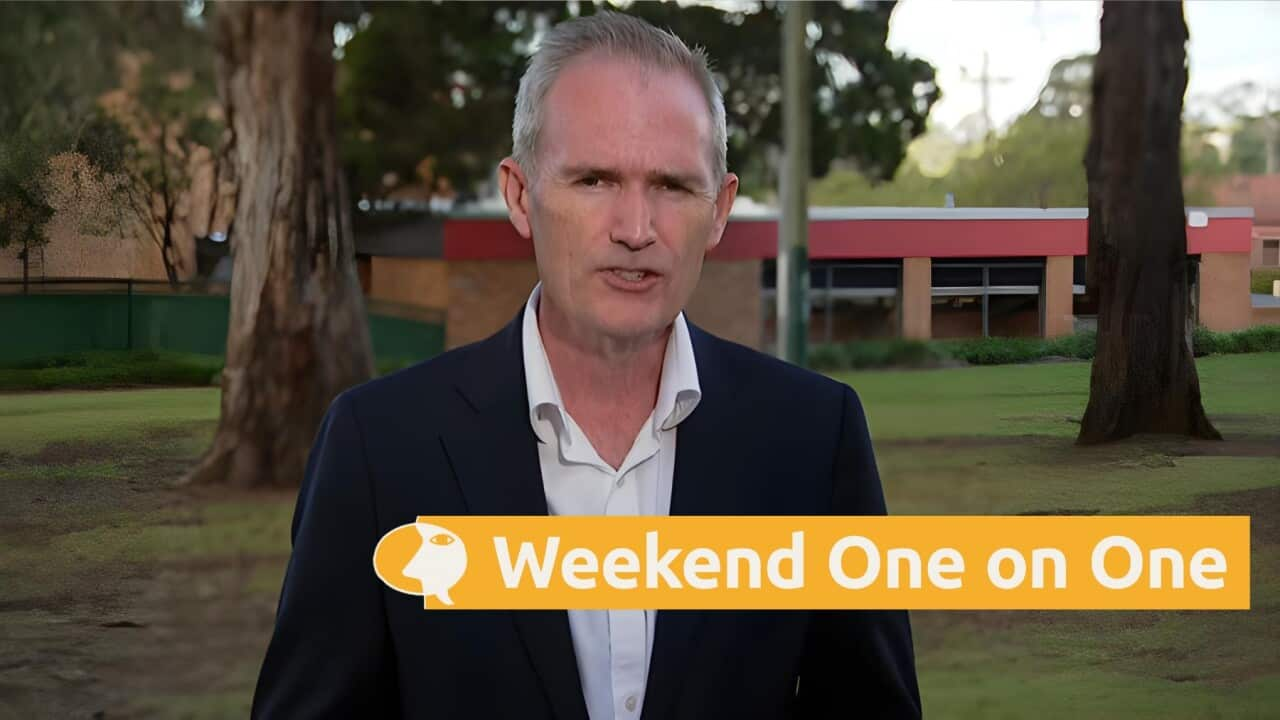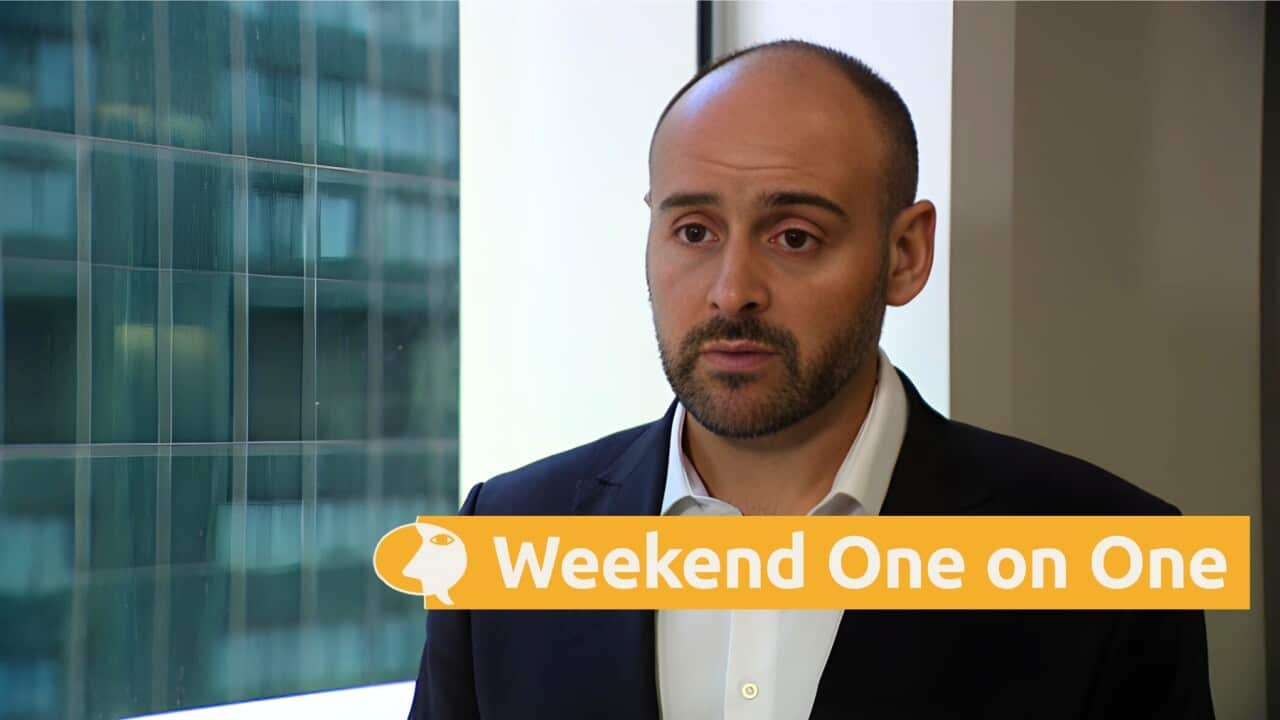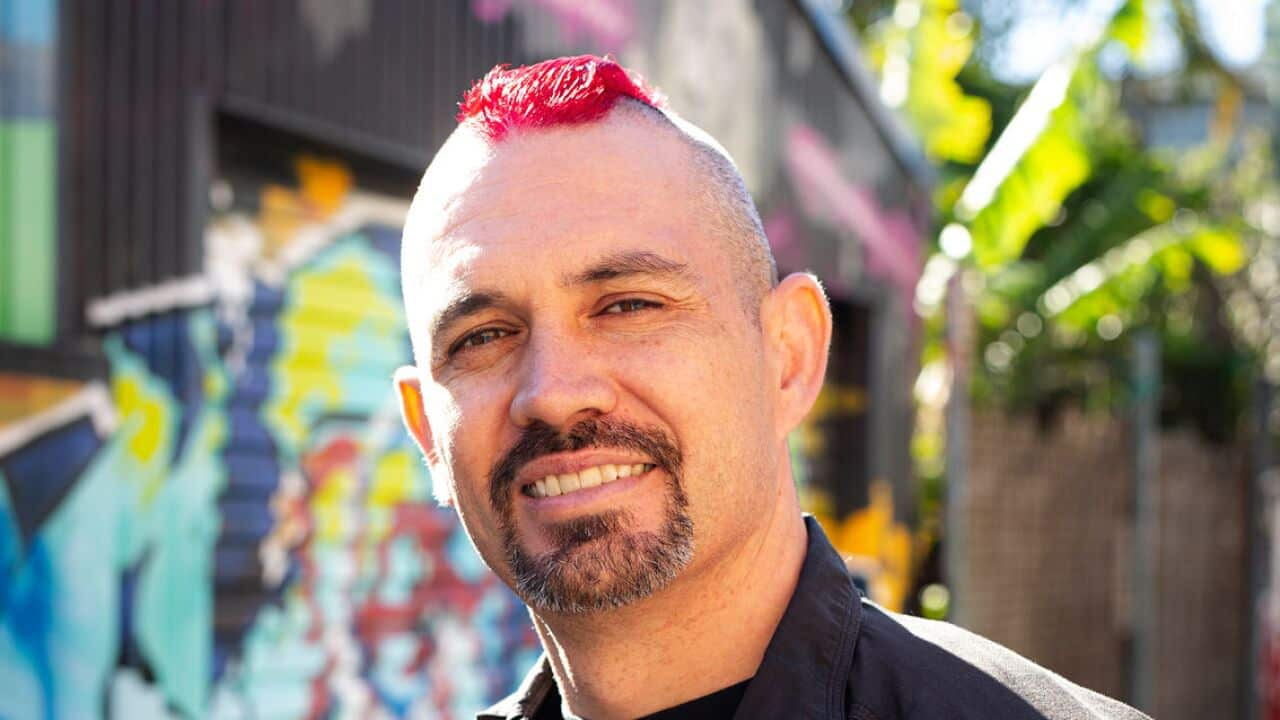TRANSCRIPT
An environmental conversation…with a twist.
“Give me a hand up if you have heard of climate change. Few hands, few hands – the rest of you…I’m glad you’re sitting down.”
This is a common opener for Lee Constable, an Australian science communicator who uses comedy to talk about climate change – sometimes utilising an alter ego.
“Uh well, it was raining last week and it’s raining this week Milty – what’s that about? Climate change-shmimate change.”
Now that’s the sound of Milton Mango, Constable’s drag king persona.
A drag king is part of the performance art of drag, popularised by LGBTIQ+ entertainers and a staple in queer culture.
Mango, a blokey country character, offers a different delivery for Constable’s science background – often reaching new audiences that Constable might not engage otherwise.
“Everyone’s an audience! When it’s a wicked problem like climate there are infinite audiences, everyone deserves quality information about climate change.”
Dr Naomi Koh Belic is a biologist and award-winning science educator, based in Sydney but travels Australia offering creative science communication events.
This includes a series of events called “The Drag Experiment”, where drag performers with a science background - including Milton Mango - collaborate with other scientists to create factually informed comedic performances.
“I’m going to be real with you – a lot of science communication is dry! It’s dusty, it’s boring and it doesn’t give you a reason to want to engage and particularly with topics like climate, it’s pretty depressing right. Like the science is there, we know that climate change is real, we know there are solutions, but it can still feel so heavy.”
And as Dr Belic explains, using comedy, camp and performance can go a long way in engaging people in science conversations – like climate change.
Surveying at the 2023 National Science Week event in Sydney, shows that “The Drag Experiment” was the first science event for 27 per cent of attendees, and at the 2024 World Science Festival in Brisbane, it was the first science show for 47 per cent of attendees.
“Almost half of that audience, it was their first time coming to a science event. So, we can see that when we put forward these creative approaches for science communication, we are actually engaging with unique audiences and bringing people along to that conversation.”
Constable and Dr Belic are not alone in using comedy and performance to start climate conversations.
"Let’s just warm-up. Let’s just shake it out first.
In the United States, a professor leads an undergraduate course.
Students listen closely to drama professor Beth Osnes-Stoedefalke, who has been co-leading a creative climate communication course for 13 years with environmental studies professor Maxwell Boykoff.
They are part of a growing community of comedians, using laughs instead of lectures, to start conversations. And, importantly for Osnes-Stoedefalke, start discussing solutions.
“So, climate change is this huge big conglomerate of an issue, problem, crisis that we're all facing, and there's no one single solution. So, comedy can get into those little nuanced spaces where the reality of how we're going to actually make change can live.”
Through teaching and their research, both Osnes-Stoedefalke and Boykoff have found that comedy can help alleviate the anxiety young people feel.
Sophomore Lilianna Grill says the class is different from her other environmental studies subjects.
“I'm not just coming in here every day and being like, ‘Oh my God there's a problem.’ It's like, ‘Oh my God there's this problem, what can I do about it to make it funny and then show it to other people?’
For people working in sciences like Constable and audiences interested in these topics like Grill, finding ways to talk about these issues – without compromising mental health – is becoming critical.
“Climate scientists and climate communicators, day in and day out, we’re looking at the realities of this. I suppose, why not both, why not sign up for enjoying drag, enjoying art, enjoying jokes and humour, AND stay engaged in the climate conversation at the same time. I think that’s why I find this a powerful space to be.”













